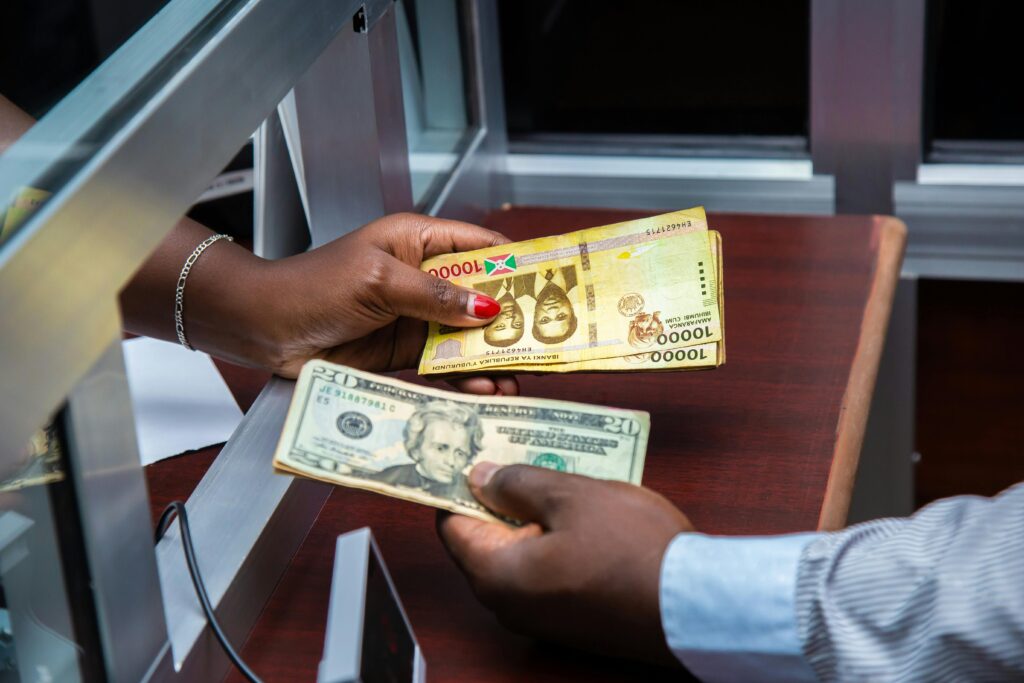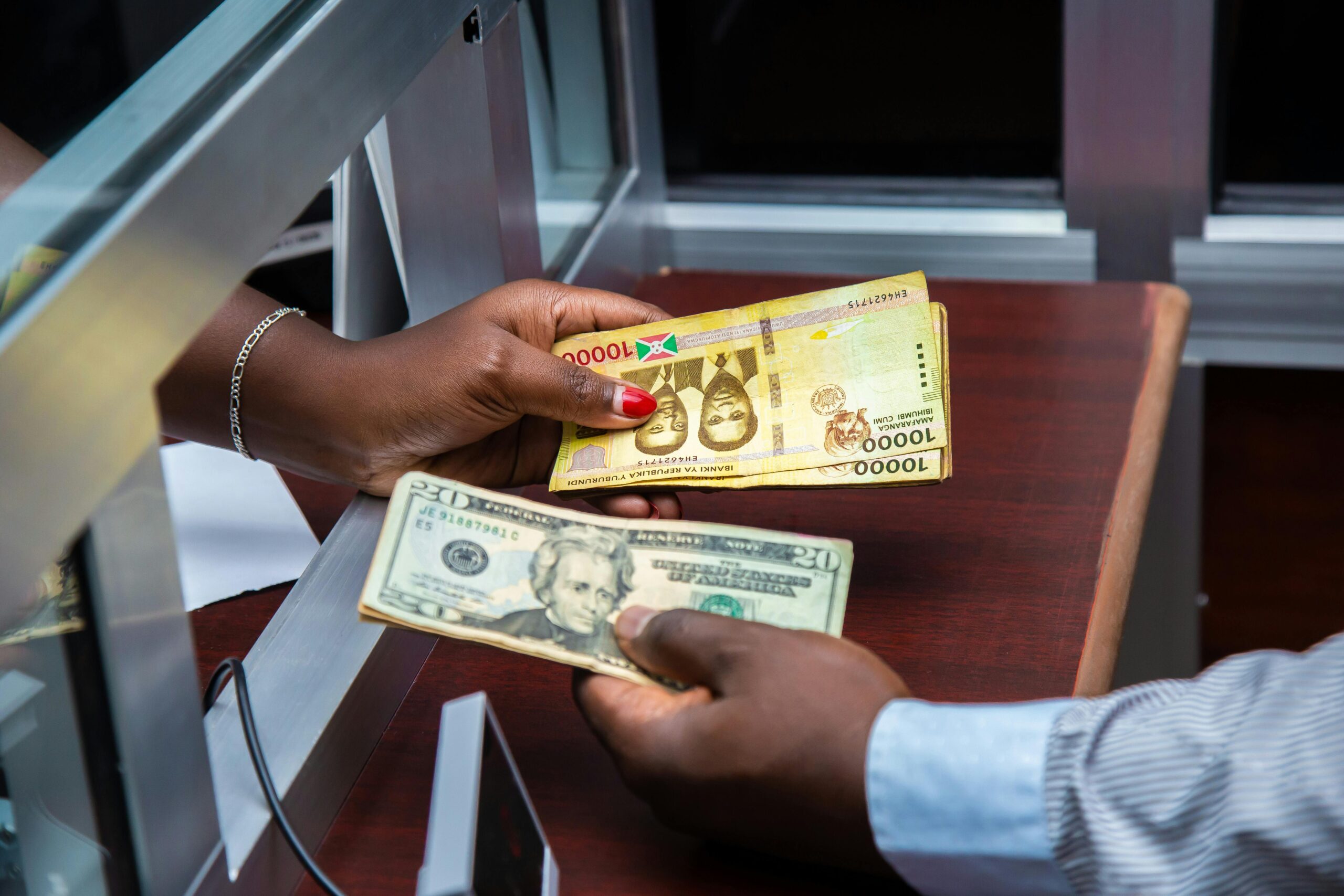
The Best Ways to Exchange Currency When Traveling to Africa: A Guide for Moms (and Everyone Else) Who Don’t Want to Get Ripped Off!
Hello, my fellow wanderlust-filled adventurers! So, you’ve decided to pack up your bags and head to Africa—lucky you! Whether you’re going on a safari in Kenya, exploring the streets of Cape Town, or soaking up the culture in Marrakech, Africa is an incredible place to visit. But before you go wild with excitement, there’s one teeny little thing you’ve got to get right: exchanging currency.
If you’re like me—a busy 38-year-old mom of four who can barely remember to pack sunscreen, let alone sort out travel money—you probably want a simple, effective way to exchange your hard-earned cash without getting hit with hefty fees, nasty exchange rates, or the dreaded “I didn’t know I’d have to pay extra for this” surprises.
Let’s face it: money stuff can be confusing and overwhelming. But don’t worry! I’ve got your back. In this blog, I’m going to walk you through the best ways to exchange currency when traveling to Africa—from savvy tips on where to exchange currency to how to avoid those sneaky fees. Consider this your go-to guide for staying on top of your travel funds, so you can focus on what really matters: enjoying your adventure.
1. Understanding African Currency Basics
Before we get into the nitty-gritty of how to exchange your currency, let’s quickly talk about African currencies. Africa is HUGE (with 54 countries, hello!), and each country has its own currency. So the first thing to know is that not all African countries use the same currency. Here’s a quick rundown of some of the major currencies you’ll come across in Africa:
- Kenya: Kenyan Shilling (KES)
- South Africa: South African Rand (ZAR)
- Morocco: Moroccan Dirham (MAD)
- Egypt: Egyptian Pound (EGP)
- Ghana: Ghanaian Cedi (GHS)
- Tanzania: Tanzanian Shilling (TZS)
- Nigeria: Nigerian Naira (NGN)
- Zimbabwe: Zimbabwean Dollar (ZWD, but US Dollars are widely used)
So, as you can see, it’s essential to know which country you’re heading to in order to figure out the best way to exchange your currency.
2. Plan Ahead and Exchange Some Money Before You Go
I’m going to tell you the secret that I learned the hard way: don’t wait until you land in Africa to figure out your money situation. Trust me—banks, airports, and hotels are not your friend when it comes to exchanging money. Their rates can be terrible, and you’ll probably end up paying higher fees than you should.
Instead, I recommend exchanging at least a small amount of your home currency (like US Dollars or Euros) before you leave. This will come in handy when you arrive at your destination, especially if you’re arriving late at night or in a remote area where currency exchange might be harder to find.
Where to Exchange Money Before You Go:
- Your Local Bank: Many banks offer currency exchange for international travel. The exchange rate may not be the best, but it’s usually better than what you’ll get at the airport.
- Currency Exchange Offices: Some currency exchange offices at home offer competitive rates. Just make sure you shop around for the best deal.
3. Avoid Airport Currency Exchange at All Costs (Unless You’re Desperate)
As much as I love the thrill of the airport hustle, airport currency exchange services are often a total rip-off. You might be in a rush, but trust me, exchanging currency at the airport could mean losing out on a lot of money.
Why? Because airports are known for offering terrible exchange rates and charging high commission fees. And while this might be okay if you’re only exchanging a small amount for a quick purchase, if you’re planning to exchange a large sum, it could end up costing you more than it’s worth.
Pro Tip: If you absolutely have to exchange at the airport, only exchange a small amount (just enough to get you by for your first day or two). Once you’re settled, head to a local bank or exchange office for better rates.
4. Using ATMs in Africa: The Best Way to Get Local Currency (When Done Right)
Now we’re getting into the good stuff: using ATMs to withdraw local currency while you’re traveling. In my experience, ATMs are one of the best ways to get local money when you’re in Africa. They’re widespread and easy to find, and the exchange rates tend to be better than what you’d get at currency exchange offices.
However, here’s where it gets a bit tricky: ATM fees. If you’re withdrawing money from an ATM in Africa, here’s what you need to know:
- Foreign Bank Fees: Your home bank will charge a fee for withdrawing money abroad (usually a flat fee per withdrawal or a percentage of the withdrawal amount). On top of that, the local bank in Africa might charge its own fee as well.
- ATM Network: Make sure your debit card is compatible with the ATM network in the country you’re visiting. Look for ATMs that are part of global networks like Visa, Mastercard, or Plus, as these will be the easiest to use with your card.
- Withdrawal Limits: Be aware of the ATM withdrawal limits, which can vary depending on the country and the machine. You may be limited to a certain amount per day, so plan accordingly.
Pro Tip: When withdrawing from ATMs in Africa, always choose to be charged in local currency, not your home currency. This way, you avoid extra conversion fees.
5. Using a Travel Credit Card with No Foreign Transaction Fees
If you’re anything like me, you love the idea of using a credit card for most purchases, and that’s totally possible when traveling in Africa. The key here is to choose a travel credit card that doesn’t charge foreign transaction fees. I’ve learned that having a travel credit card with no foreign transaction fees is one of the best ways to save money when traveling abroad. These cards offer the best exchange rates and don’t pile on extra fees when making purchases outside your home country.
Here’s a look at what you should consider when choosing a travel credit card for your Africa trip:
- No Foreign Transaction Fees: As mentioned, make sure the card doesn’t charge extra fees for international purchases. Otherwise, those small fees can add up quickly.
- Chip and Pin Capability: Many African countries use chip and PIN cards, so make sure your credit card has that functionality.
- Global Acceptance: Ensure your card is widely accepted in the country you’re visiting. Visa and Mastercard are widely accepted across Africa, while American Express might be more limited.
Pro Tip: Before you go, notify your credit card company of your travel plans to avoid having your card blocked for suspected fraud.
6. Consider Using a Currency Exchange App for Better Rates
In the age of technology, currency exchange apps are a total game-changer. Apps like Revolut or Wise (formerly TransferWise) allow you to load your home currency onto a prepaid card, which you can use to make purchases in local currency. These apps usually offer better exchange rates than traditional banks or exchange offices and come with lower fees.
Revolut, for example, lets you exchange currency at the interbank rate (which is often the best rate available). This can be a fantastic option for digital nomads or travelers who want to keep their finances in check while abroad.
Pro Tip: Many of these apps also offer the ability to lock in favorable exchange rates ahead of time, which is perfect if you’re worried about fluctuating currency rates.
7. Exchanging Money Locally: Best in Cities and Tourist Areas
Once you’re in Africa, you’ll probably want to exchange more money for everyday expenses like meals, tips, and transportation. Here are a few things to consider:
- Banks: If you’re in a larger city, banks will often offer competitive exchange rates. You might need to wait in line, but it’s worth it for better rates.
- Local Exchange Offices: Exchange offices (sometimes called Bureau de Change) can also be a good option in larger cities and tourist areas. However, be wary of hidden fees or terrible exchange rates. Make sure to ask about fees upfront.
- Currency Exchange Apps: Some local merchants in cities like Cape Town or Nairobi even accept digital currencies from apps like Wise or Revolut, which makes it even easier to get the best rate.
Pro Tip: Always ask about fees and rates before exchanging money anywhere. A little research can save you a lot of headaches and extra costs.
8. Is It Worth Bringing US Dollars to Africa?
A lot of people ask me whether it’s worth bringing US dollars to Africa. The answer depends on the country you’re visiting. In countries like Zimbabwe or South Sudan, US dollars are widely accepted and can sometimes even be used alongside local currency. However, in most countries, you’ll need local currency for day-to-day purchases.
If you do bring US dollars, make sure they’re newer bills (the older bills may not be accepted), and make sure you’re aware of where and when they’ll be accepted.
Conclusion: Keep It Simple, Keep It Safe, and Enjoy Your African Adventure
When traveling to Africa, the key to currency exchange is being smart and prepared. Whether you’re withdrawing from ATMs, using a credit card, or exchanging money before you go, just make sure you avoid those pesky fees and exchange at the best rates possible.
I know managing travel funds can seem like a headache, but with the right tips and tricks, you’ll be well on your way to managing your money while enjoying everything Africa has to offer. From stunning safaris to vibrant cities, the last thing you want to worry about is a bad exchange rate.
Now go ahead, book that plane ticket, and start planning your African adventure! The wildlife, culture, and experiences awaiting you are worth every penny you spend (just make sure to spend it wisely)!
External Resources:

Leave a Reply